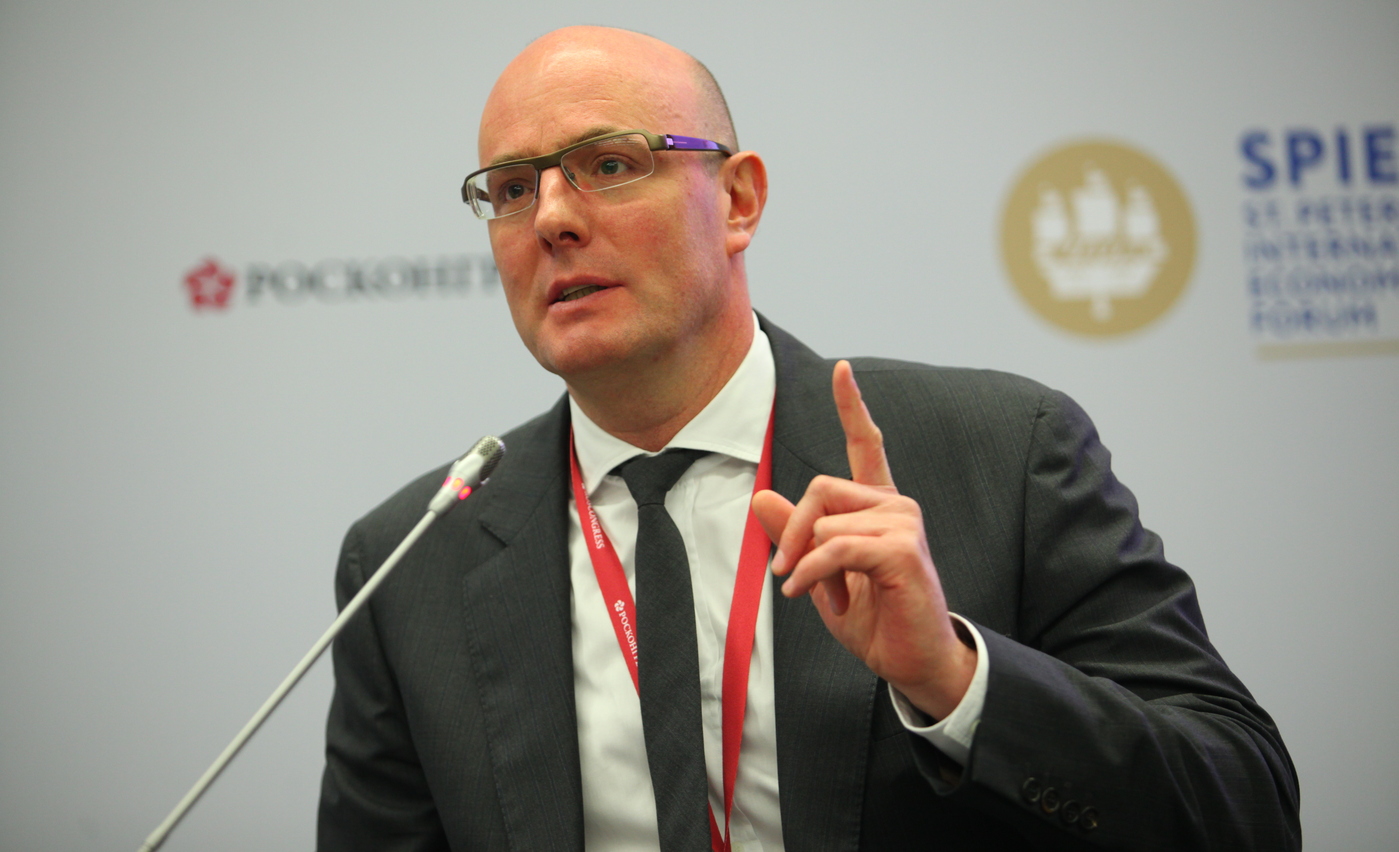The discussion panel “Copyright protection in the era of Internet” was held at the St. Petersburg International Economic Forum on May 25. Event participants discussed how the fight against piracy helps to promote the legal consumption of media content.
Taking part in the discussion were the head of Roskomnadzor Aleksandr Zharov, Gazprom-Media Holding’s CEO Dmitry Chernyshenko, president of the Media Communications Union Pavel Stepanov, general manager of Cosmos Studio Aleksandr Akopov, first deputy of Mail.ru Group’s general manager Dmitry Sergeev, and general manager of Ivi.ru Oleg Tumanov. The general manager of Roskino Ekaterina Mtsituridze moderated the session.
Aleksandr Zharov opened the discussion and summed up the results of the fight against the illegal distribution of content online in 2017.
“Over the past year there were 4,000 pirate sites identified, among which 380 were blocked. There were also 1,300 ‘mirror’ sites blocked. We see that the systematic fight with pirated resources leads to good results - the number of tickets sold in Russian cinemas increased by 40%,” said Aleksandr Zharov. At the same time, he added that Roskomnadzor is in favour of self-regulation by the industry, when pirated content is deleted pre-trial. “Roskomnadzor is not a proponent of blockages. It is an extreme measure when there is no result to be gained in the legal field,” he said.
Dmitry Chernyshenko spoke about the experience of Gazprom-Media in the legal distribution of video content online. He remarked that in 2017 the number of blocked sites, which were illegally distributing the holding’s content, increased 6.5 times. Moreover, there were more than 2.3 million items of pirated content deleted at the request of Gazprom-Media.
In his speech Dmitry Chernyshenko emphasized that the holding is constantly improving its approach to the fight against pirated resources.
“Artificial intelligence recognizes the tricks of the pirates. We see a great practical application in the use of computer technologies to protect the rights to our content. Right now we are testing an intellectual system of searching for pirated content, based on self-learning neural networks,” said Dmitry Chernyshenko.
The president of the Media Communications Union Pavel Stepanov announced his organization’s goal for the next two to three years.
“We expect to reduce the share of pirated resources in the overall amount of consumed content to below 10%,” said Pavel Stepanov.
He also noted the importance of self-regulation in the media industry and the formation of a content consumption culture among users.
